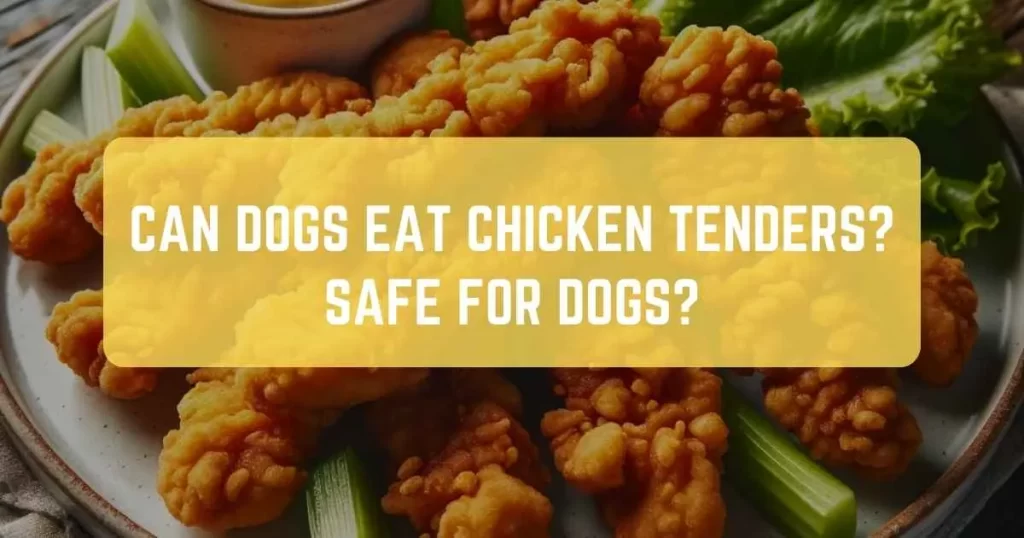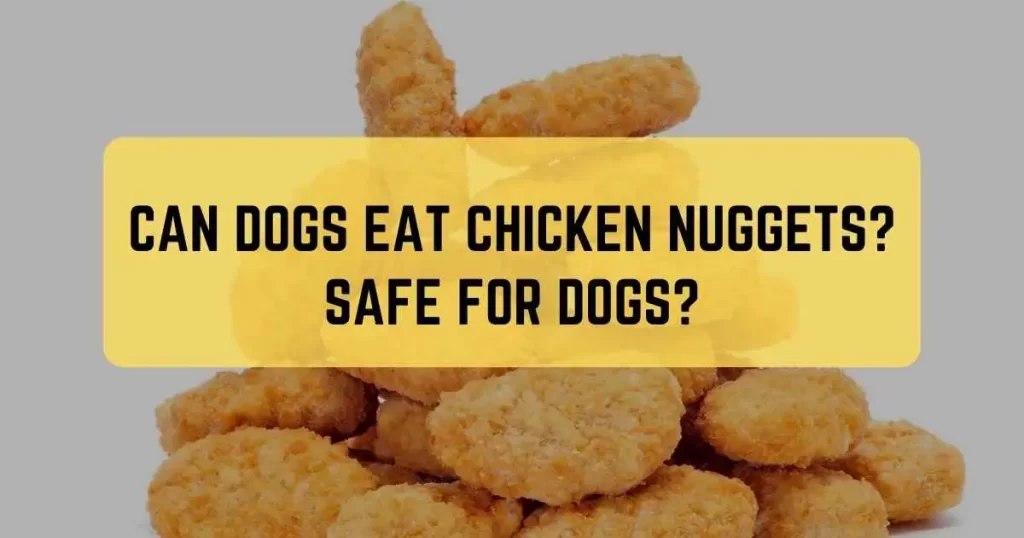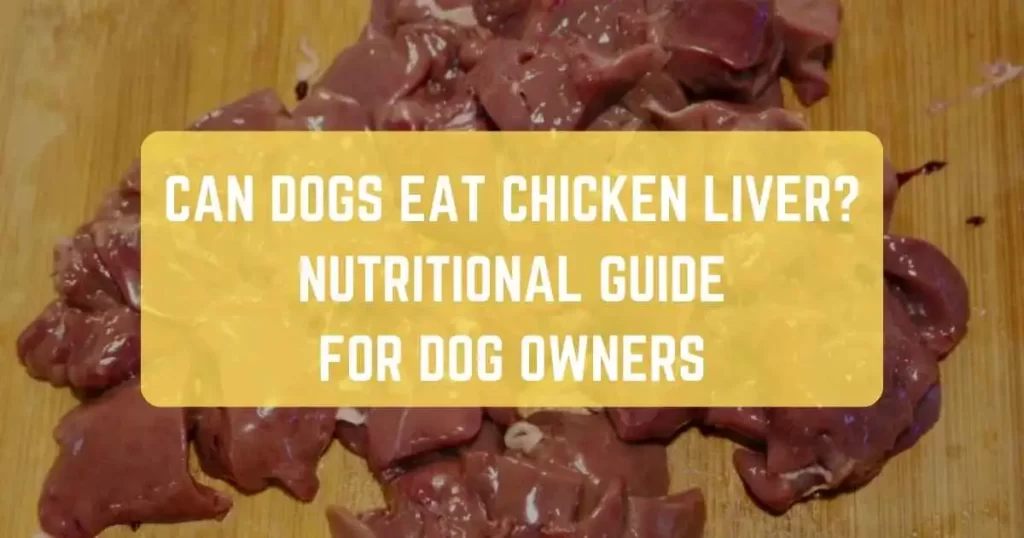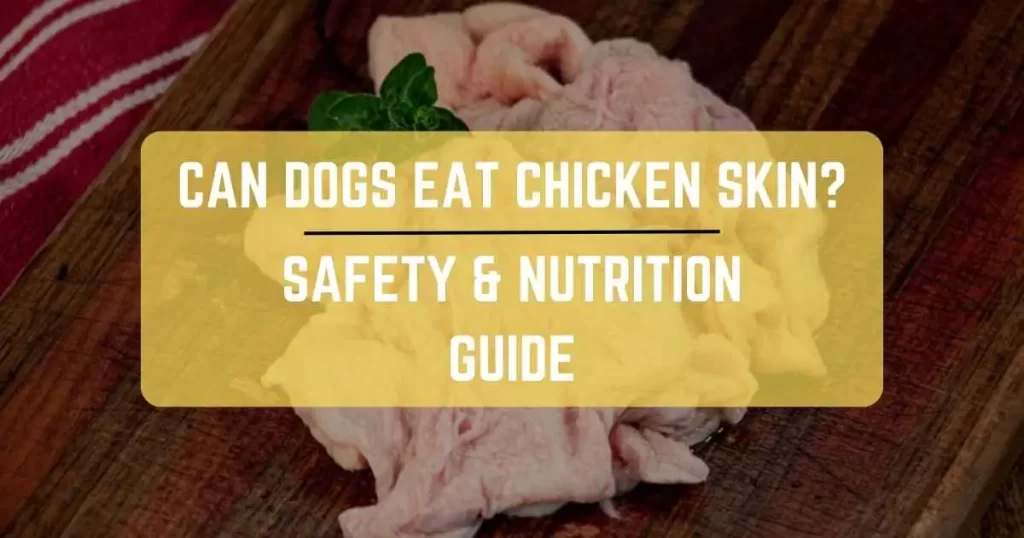
Many dog owners often wonder if their furry companions can indulge in the delightful world of cheese, and specifically, if they can enjoy the distinct flavors of Parmesan cheese.
As a responsible pet owner, it’s crucial to ensure that the food we offer our dogs is safe and beneficial for their health.
So, let’s explore the topic and answer the burning question: can dogs eat Parmesan cheese?
Can Dogs Eat Parmesan Cheese?
Yes, dogs can eat Parmesan cheese. Parmesan cheese falls under the category of hard cheese, and it is generally considered safe for dogs to consume in moderation. This popular Italian cheese, known for its savory and nutty taste, can add a burst of flavor to your dog’s meal or serve as a tasty training treat.
However, as with any new addition to your dog’s diet, it’s essential to introduce Parmesan cheese gradually and in small quantities to observe any potential adverse reactions.
Is Parmesan Cheese Good for Dogs?
While Parmesan cheese is generally safe for dogs, it’s important to note that each dog is unique, and individual sensitivities may exist.
However, when consumed in moderation, Parmesan cheese can offer some health benefits to our canine companions. This type of cheese is a good source of protein, calcium, and phosphorus, which are essential for strong bones and teeth.
Additionally, Parmesan cheese is low in lactose compared to other cheese varieties, making it a more suitable option for dogs with lactose intolerance.
Health Benefits of Parmesan Cheese for Dogs
Feeding your dog a little bit of Parmesan cheese can provide several health benefits. The cheese contains amino acids that contribute to muscle development and repair. The calcium content helps support bone health, while phosphorus aids in maintaining a healthy metabolism. Furthermore, Parmesan cheese contains omega-3 fatty acids, which promote a healthy coat and skin.
However, it’s important to remember that Parmesan cheese should only be given as an occasional treat or supplement to your dog’s regular diet, as excessive consumption can lead to weight gain or digestive issues.
Feeding Parmesan Cheese to Your Dog: Dos and Don’ts
When it comes to feeding your dog Parmesan cheese, there are a few dos and don’ts to keep in mind. Firstly, ensure that the Parmesan cheese you offer your dog is free of additives, such as garlic or onion, as these can be toxic to dogs.
Additionally, it’s crucial to avoid excessive amounts of Parmesan cheese, as too much can cause stomach upset or diarrhea. As a general guideline, a small sprinkle of grated Parmesan cheese on top of your dog’s regular food or as an occasional training reward is typically safe.
Always monitor your dog for any signs of discomfort or adverse reactions when introducing a new food item.
Potential Risks of Parmesan Cheese for Dogs
While Parmesan cheese is generally safe for dogs, it’s important to be aware of potential risks. Some dogs may have lactose intolerance, which can cause digestive upset when consuming dairy products. If your dog exhibits symptoms such as diarrhea, gas, or bloating after consuming Parmesan cheese, it’s best to avoid it in the future.
Additionally, the high sodium content in Parmesan cheese may not be suitable for dogs with certain health conditions, such as kidney disease or heart problems. It’s always recommended to consult with your veterinarian before introducing any new food items into your dog’s diet.
How much parmesan cheese can a dog eat?
When it comes to the quantity of Parmesan cheese you can offer your dog, moderation is key. A small amount, such as a sprinkle or two, is generally safe and can provide a flavorful addition to your dog’s meal.
However, it’s important to consider your dog’s overall diet and calorie intake. Too much Parmesan cheese, or any treat for that matter, can lead to weight gain and nutritional imbalances. It’s best to consult with your veterinarian to determine the appropriate portion size for your dog based on their individual needs and dietary requirements.
Final Thoughts
In conclusion, Parmesan cheese can be enjoyed by dogs in small quantities and under certain conditions. This hard cheese, with its distinctive taste and texture, can provide a flavorful treat or a training reward for your furry friend. Remember to introduce Parmesan cheese gradually and monitor your dog for any adverse reactions. Moderation is crucial to prevent digestive issues and maintain a balanced diet for your dog.
As always, it’s wise to consult with your veterinarian before making any significant changes to your dog’s diet, including the introduction of new foods such as Parmesan cheese. With proper care and attention, you can treat your dog to a little bit of Parmesan cheese while ensuring their health and well-being.
Frequently Asked Question
Can I feed my dog parmesan cheese?
Yes, you can feed your dog Parmesan cheese in small amounts. Parmesan cheese is a kind of cheese that is generally safe for dogs to eat. However, it’s important to give your dog only a small sprinkle or a little bit of Parmesan cheese as an occasional treat, as too much can be harmful due to its high salt content.
Can puppies eat parmesan cheese?
Yes, Puppies can eat Parmesan cheese in moderation. Since Parmesan cheese is a hard cheese made from cow’s milk, it is generally safe for puppies to consume. However, it’s important to give them only a small amount and monitor their reaction. Puppies have delicate digestive systems, so introducing new foods should be done gradually and under the guidance of a veterinarian.
Can dogs eat parmesan cheese crisps?
Yes, dogs can eat Parmesan cheese crisps but it’s important to offer them in moderation. Parmesan cheese crisps are typically made by baking or frying grated Parmesan cheese until it becomes crispy. Dogs can enjoy these as an occasional treat, but the high salt content and potential additives in store-bought crisps should be taken into consideration. It’s best to make homemade Parmesan crisps without added seasonings or ingredients that may be harmful to dogs.
Can dogs eat parmesan cheese rind?
No, Dogs should not eat Parmesan cheese rind. The rind of Parmesan cheese is hard and can pose a choking hazard for dogs. Additionally, the rind may contain mold or bacteria that can be harmful to their digestive system. It’s best to remove the rind and only offer your dog the grated or shredded portion of Parmesan cheese.
Will parmesan cheese hurt my dog?
When given in moderation, Parmesan cheese is unlikely to hurt your dog. However, it’s important to be cautious about the amount of cheese you give your dog, as excessive consumption can lead to digestive issues or weight gain.
What happens if a dog eats parmesan cheese?
If a dog eats Parmesan cheese in small amounts, it is unlikely to cause significant harm. However, too much Parmesan cheese can lead to digestive upset, such as diarrhea or vomiting, due to its high salt and fat content. It’s essential to monitor your dog for any signs of discomfort or allergic reactions and adjust their diet accordingly.
Is parmesan cheese bad for dogs?
No, Parmesan cheese is not inherently bad for dogs, but it should be given in moderation. While Parmesan cheese is generally safe for dogs to eat, excessive consumption can be detrimental to their health. The high salt content in Parmesan cheese can lead to dehydration and other health issues. It’s always recommended to offer Parmesan cheese as an occasional treat.









